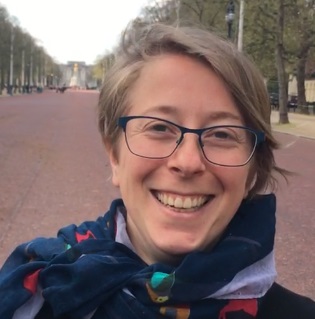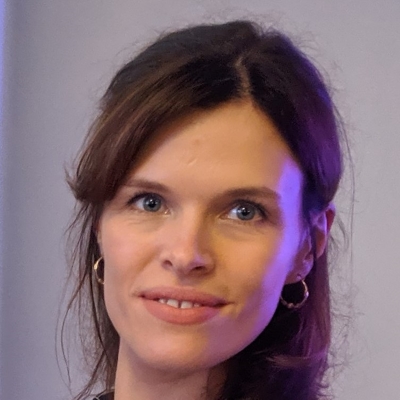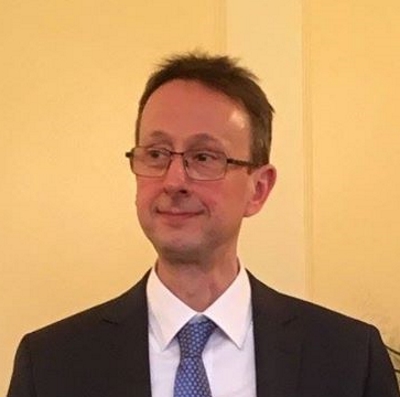The Royal Society Library has created a Google Arts & Culture page, an exciting step in our digital strategy.
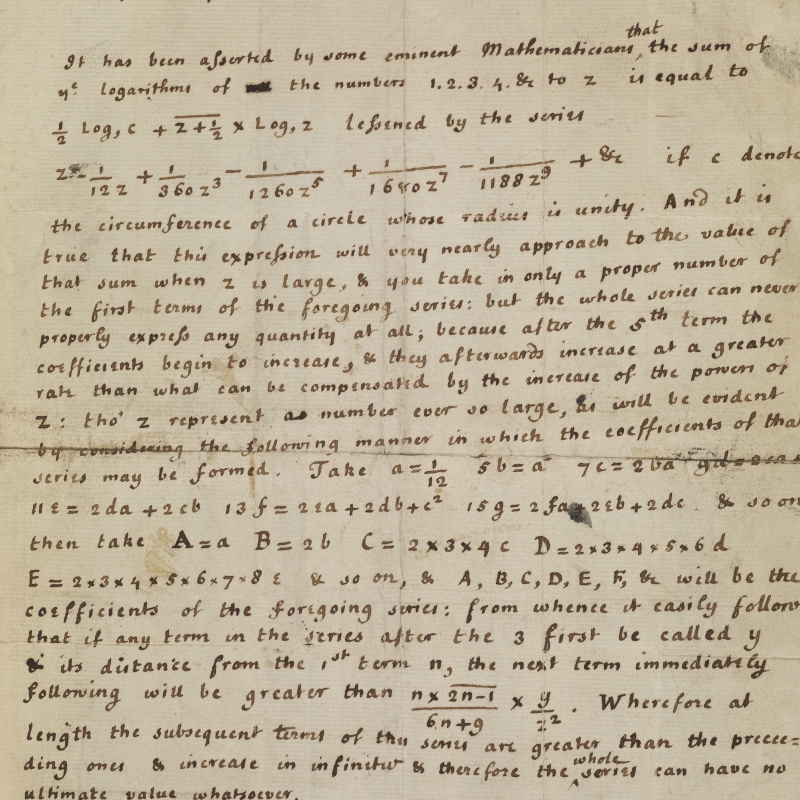
Earlier this month, the Library launched its Google Arts & Culture page, an exciting step in our digital strategy. The launch coincided with that of People of Science, a fascinating series of interviews with Royal Society Fellows conducted by our Professor for Public Engagement in Science, Brian Cox. Our first digital exhibits showcase archival material discussed in the videos.
Portraits of famous Fellows which adorn the walls of the Society, original letters and scientific papers from the archives, as well as the ever-popular Objectivity videos, can now be discovered for free by millions of curious users across the globe through the Google Arts & Culture app.
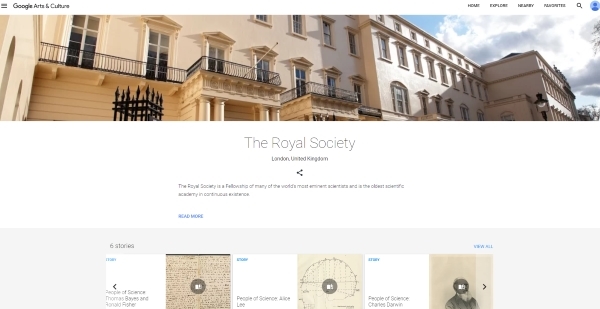
Homepage of the Royal Society on Google Arts & Culture
Digital reproduction of cultural artefacts is still a costly and complicated affair. The Google Cultural Institute, a non-profit initiative of the internet giant, was set up precisely to help cultural institutions deliver online content and provide them with the technology they need. This is a great opportunity for us to give users of the Art & Culture app a chance to discover some of our treasures, and to inspire generations of scientists and curious visitors to look into the archive for amazing stories about science, scientists and the Royal Society. If you are in the United States you can even look for your RS Fellow doppelganger on the app!
So, what can you see now on our homepage? The first digital exhibits will guide you through some of the archives of Charles Darwin, Michael Faraday, Benjamin Franklin, Alexander Fleming and Howard Florey. Don’t forget to click on the items to explore them in more detail.
A few more words on two exhibits which focus on less renowned figures:
Although Bayes’ Law is a fundamental of statistics, very little is known of the Reverend Thomas Bayes who transformed the concept of probability, and our archival record on him is, well, frankly quite patchy. The few letters we have, however, make for a fascinating read. I was therefore particularly pleased that Professor David Spiegelhalter picked Bayes and other statisticians in our collections for his People of Science video.
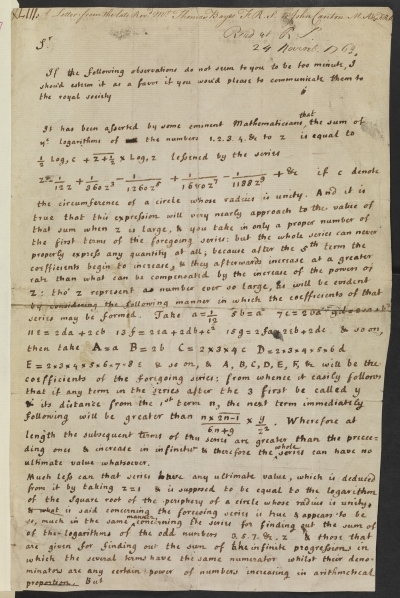
MM/1/17 – Letter from Rev. Thomas Bayes to John Canton, 1763 © The Royal Society
The only woman scientist in the list is presently Dr Alice Lee. Having read about Lee and her relation to her famous supervisor, Karl Pearson, I was thrilled by Professor Uta Frith’s choice. Although the least famous of them all, Lee provides an inspiring example of an early female statistician whose humble number-crunching reveals crucial steps in the history of women’s access to higher education and academia. Dr Lee’s work also provided scientific evidence to demonstrate that intelligence did not correlate with gender or ethnicity (although she did not fully reach this conclusion herself).
All in all, I hope that the platform will be a great opportunity to introduce more archives and portraits, so watch this space for the next instalment of our digital adventures. Enjoy browsing!

